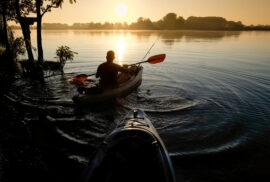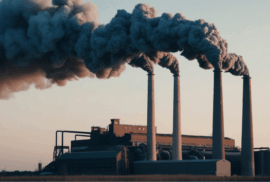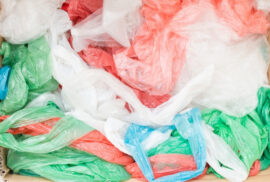On ‘pristine’ beaches, a treasure trove of microplastics
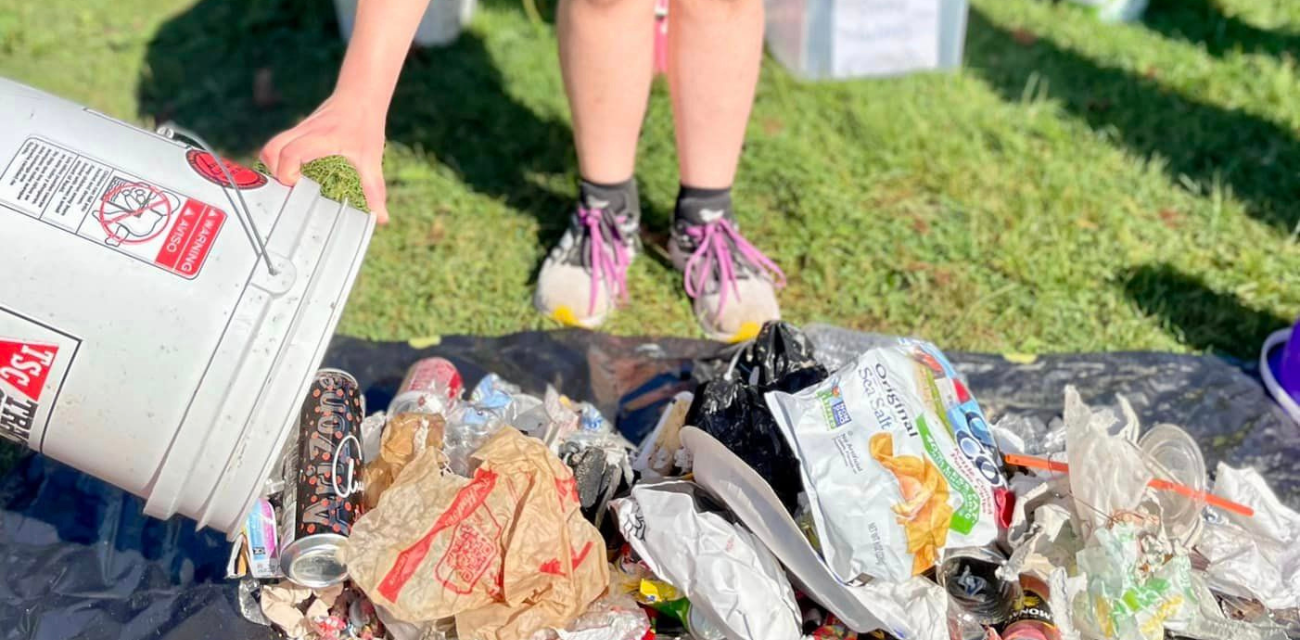
Authored by
Alliance for the Great Lakes’ 20-year study finds a persistent plastic problem
Each summer weekend, 10,000 people descend on Lakeside Beach in Port Huron. They bring suits to swim in, shovels to scoop with and coolers to take food from. A few, but not many, will leave a few things behind—chip bags, aluminum can tabs, a buried action figure.
Still, as Sheri Faust, executive director of Friends of the St. Clair River, will tell you, it’s a seemingly pristine place along Lake Huron. Imagine her surprise, then, when a dozen volunteers picked up 1,000 pieces of litter in 45 minutes last week.
Most surprising of all: All that trash weighed under two pounds.
Scattered across the sands, in the ruins of castles, wedged among grasses and water-swept rocks are the smallest sorts of litter: cigarette butts, candy wrappers, water bottle caps and microplastics, a catchall phrase for plastic parts under five millimeters.
“It’s just a really good example of how a lot of little pieces add up,” Faust said, “and until you put that into a bucket, and until you pour it onto a tarp, do you really understand the impact of how every little piece adds up?”
Faust, Friends of the St. Clair River and volunteers were taking part in Adopt-a-Beach Week. What they found was not an anomaly. Cleanup crews across the Great Lakes states were hauling in litter rife with microplastics.
It’s the same as it’s ever been. That’s according to a study published this year by the Adopt-a-Beach’s organizer, Alliance for the Great Lakes.
The nonprofit organization has collected data sent in by 14,000 beach cleanups across the Great Lakes Region over 20 years. Participants pick up litter, sort it into categories, count the pieces, weigh them and send the results in.
Olivia Reda, the Alliance for the Great Lakes’ volunteer engagement manager, has been receiving and using this data since 2019. She co-authored the latest report.
The study found that, over two decades, 86% of litter on Great Lakes beaches were partially or fully plastic. About 40% are tiny trash, things like glass shards, foam pellets and, especially, plastic. Those percentages did not vary much year to year.
“It’s one thing to see what something looks like over one season, but to see that happening again and again and again really shows the magnitude of the problem of plastic pollution,” Reda said.
These plastic fractals are usually sloughed off by the elements from larger products, like packaging, or during the production of materials, Reda said. Beachgoers may litter, but these pollutants also come from industries, from riverside communities upstream from the lakes and from other places up and down the shoreline.
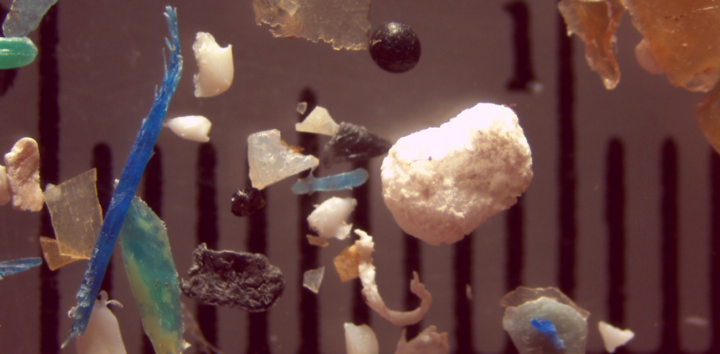
It’s proof that plastic doesn’t disappear; it just breaks down into smaller pieces.
These findings pose problems beyond the aesthetic, Reda said. Plastic manufacturing can release pollutants into land and water. Wildlife can ingest microplastics, sickening or choking them.
It can end up in us humans, too. Studies have found microplastics in our blood, lungs, stool and breast milk. Researchers are still learning the full extent of their impacts, but early findings show it’s not good.
“To me, [this] really jumps out as alarming and something that needs attention and needs action that is systemic,” Reda said.
Plastics take centuries to go away, so Alliance for the Great Lakes has put forth proactive solutions in addition to the more reactionary cleanup model. The study calls for single-use plastics—a common culprit of microplastic pollution—to be reduced or eliminated and for industries to dump less substances into our waters.
Read the solutions, take action
It also calls for industry to be held responsible for the products they create across their products’ entire life cycles. This policy proposal, called extended producer responsibility, is gaining fast traction in Michigan and beyond. It shifts the cost burden of pollution from consumers to producers, turning tax costs for cleanups into manufacturing fees and required recycling goals. It’s meant to reduce the amount of waste created and encourage a more “circular” economy of reduction, reuse and recycling.
Much like the items it studies, Reda thinks the research and all the beach cleanup work behind it will stick with people.
“I think plastic pollution in particular is a Great Lakes issue that everyone can relate to,” she said. “I think we’re all using plastic in some capacity and then see plastic in our environment.”
That makes the beach cleanup work all the more powerful, she said. Not only can people clean up a local beach that matters a lot to them, the data they collect can inform and inspire change at a regional, federal or even binational level.
Faust of Friends of the St. Clair River called her Port Huron cleanup a “instantaneous, gratifying experience” at home and at large.
“What we really love about it is that we’re contributing to this larger picture that the Alliance for the Great Lakes is telling,” she said. “And that’s a really great story that we want to contribute to.”
It was the Port Huron area’s first coordinated beach cleanup in years. Faust plans to host more.
—-
To see the latest events and news from Friends of the St. Clair River, click here. To take part in Alliance for the Great Lakes’ Adopt-a-Beach program, click here.
The Michigan Environmental Council is working with its members on a number of waste reduction initiatives, from extended producer responsibility to a better Bottle Bill.
Discover
Power environmental change today.
Your gift to the Michigan Environmental Council is a powerful investment in the air we breathe, our water and the places we love.
Sign up for environmental news & stories.
"*" indicates required fields

